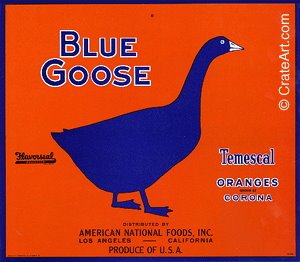For my students (or anyone reading Zora Neale Hurston's Their Eyes Were Watching God), here are some links concerning the hurricane of 1928. One excerpt, from "The Florida Flood":
In 1928, thousands stayed in the interior. People asked many times, "Why didn’t they flee?" Now people are asking the same questions about New Orleans. The answer in both cases is the same. For many people, fleeing just wasn’t an option.The Florida Flood (History News Network)
As in Katrina, many of the victims were poor -– in this case, poor migrant workers. While Katrina’s targets had the option of an Interstate highway system, those along Lake Okeechobee had the option of following a winding 2-lane road north or taking the road to the coast – the last place anyone would want to go with a hurricane bearing down. And the vast majority didn’t have access to a car, much less own one.
Florida's forgotten storm: The hurricane of 1928 (Sun-Sentinel) 2003 recollections from survivors of the storm
The night 2,000 died (Sun-Sentinel)
A storm of memories (St. Petersburg Times) A 1992 interview with a survivor of the storm
Water World (New Republic) Review of Eliot Kleinberg's Black Cloud: The Great Florida Hurricane of 1928 and Robert Mykle's Killer 'Cane: The Deadly Hurricane of 1928



